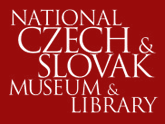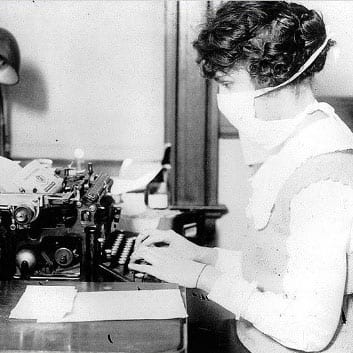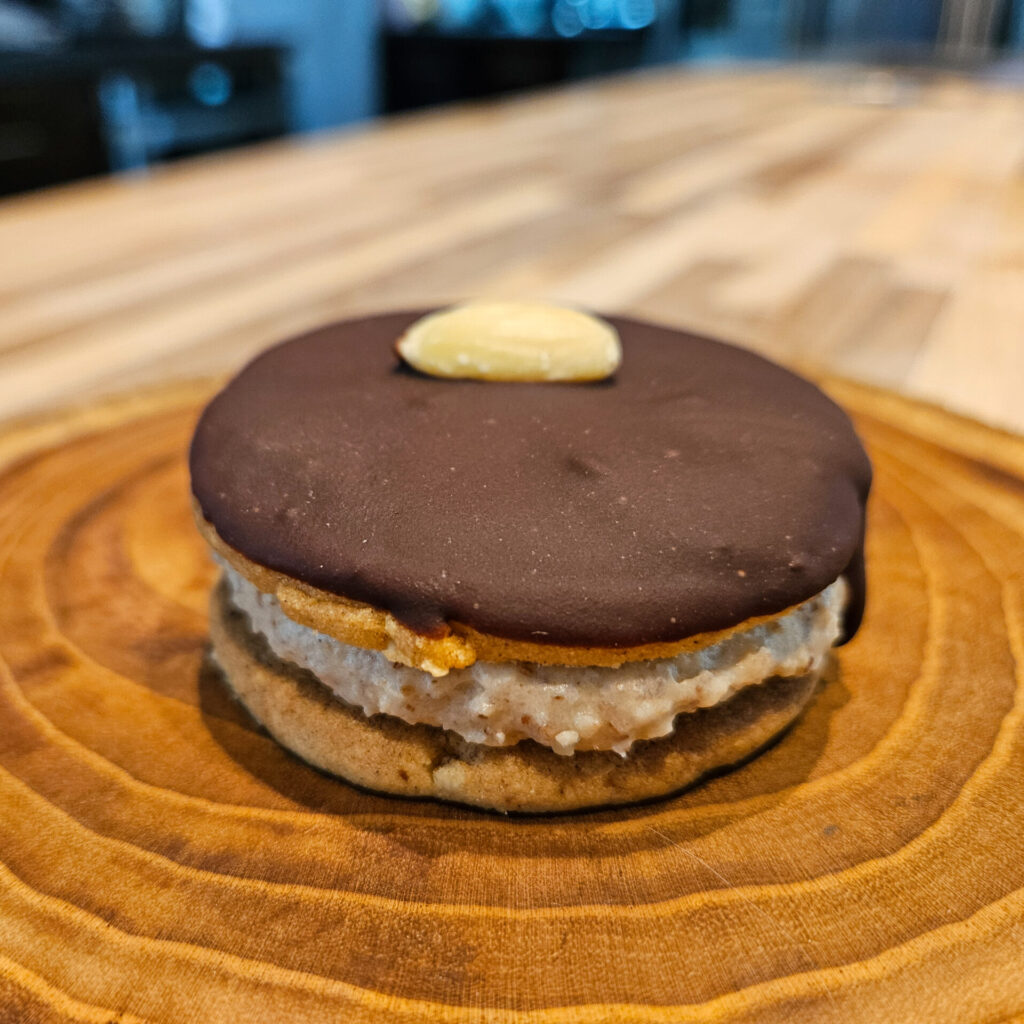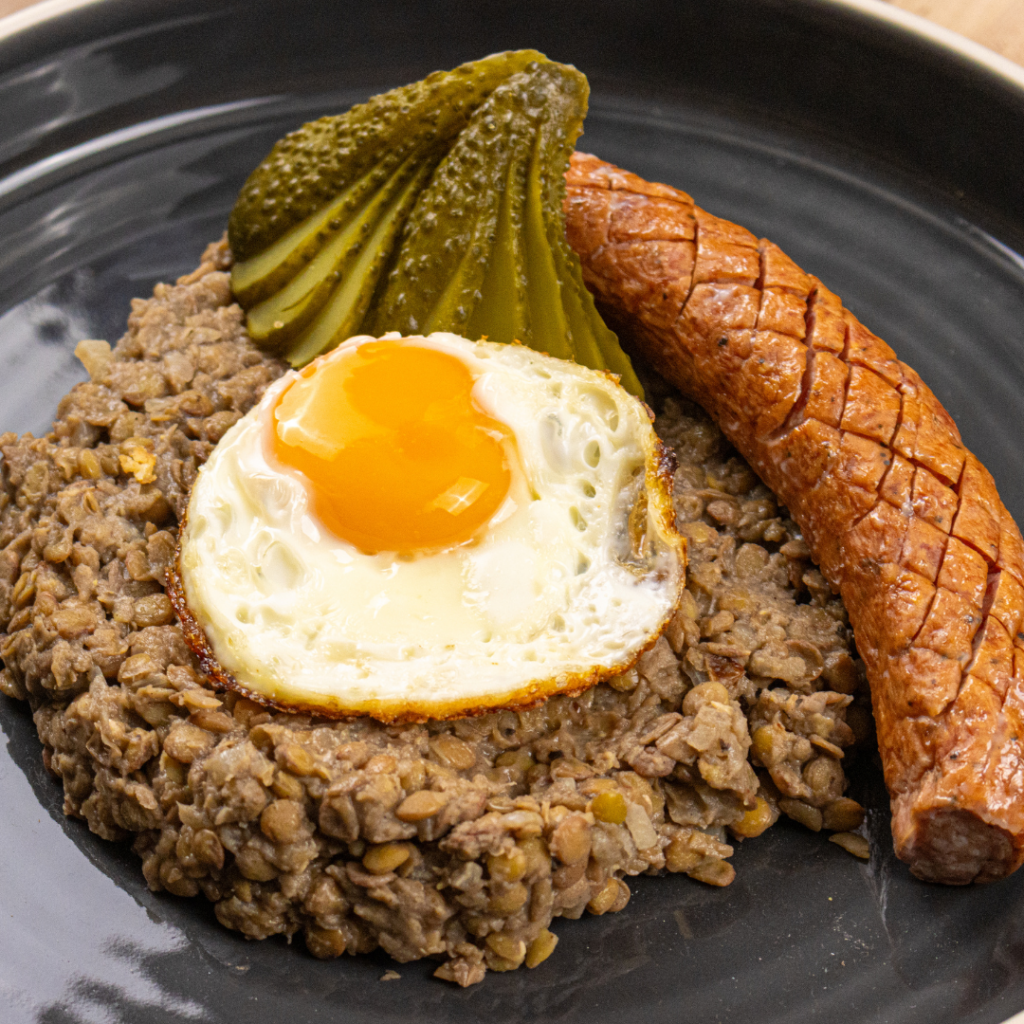The National Museum of American History has launched an engaging series of virtual talks through March 2021 that combine questions raised by the current pandemics and historic objects in the national collections. Curators and historians will virtually share objects, using them as a springboard for a lively discussion that explores how the past can help us better understand the present. Audience members will have the opportunity to pose questions and help guide the conversations. The format will be a moderated dialogue among the panelists with the audience posing additional questions.
Essential Workers: Prestige versus Pay
The COVID-19 pandemic created ambiguity about the meaning of essential work. As many jurisdictions imposed quarantines with only essential workers allowed to go to work, professionals such as engineers and lawyers were often told to stay home while frontline hourly workers were asked to come in. Suddenly grocery store employees, trash truck drivers, and hospital orderlies were referred to as essential with some receiving bonuses. This panel will explore the historical tension between societal perception and essential designation.
This session will be moderated by Dr. Alexandra M. Lord, the Chair of the Medicine and Science Division at the National Museum of American History and a curator of the history of medicine. Panelists will include Molly Kinder, a David M. Rubenstein Fellow at the Brookings Institution’s Metropolitan Policy Program in Washington, D.C.; Jacob Remes, a clinical associate professor in New York University’s Gallatin School of Individualized Study, where he also directs the Initiative for Critical Disaster Studies; and Peter Liebhold, a curator in the Division of Work and Industry at the Smithsonian Institution’s National Museum of American History.
